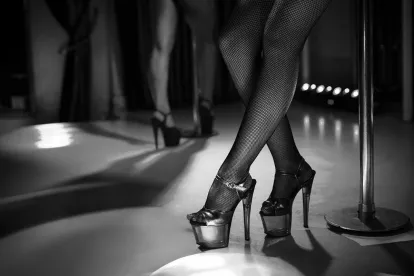The National Labor Relations Board (NLRB) has a wide array of remedies at its disposal. Many may be surprised, for example, to learn that the agency can, in some cases, force a shuttered business to re-open. A recent case involving a litany of labor law violations illustrates some of the more extreme remedies the NLRB seeks in egregious cases, including a forced re-opening.
At issue in the case was an adult entertainment venue in Hollywood whose dancers and disc jockey petitioned for, and then voted in, union representation. After that vote, the company closed the club and filed for bankruptcy, seemingly to avoid having to bargain with the union.
The NLRB determined the company had committed various labor law violations leading up to and after the union vote. The company was contesting the union vote and the determinations by the NLRB, but then entered into a settlement where the employer has agreed to various terms, including: recognizing the union, re-hiring some of the terminated dancers (and placing others on a preferential re-hire list), paying back-pay to the affected dancers, re-opening the Hollywood club, exiting from bankruptcy, and not re-filing for bankruptcy for at least one year.
In a press release from the NLRB, the agency further noted with regard to the settlement, “…[the employer] agreed to post, distribute, and read a notice to employees about employee rights under the National Labor Relations Act and agreed to permit a Board agent to train its managers and supervisors about the National Labor Relations Act and unfair labor practices.”
While this case highlights some of the more draconian penalties at play in proceedings before the agency, companies should take note the NLRB has been significantly expanding the scope and types of remedies it pursues in various cases. For example, in one recent case where a company was alleged to have engaged in bad faith bargaining with a union, the NLRB pronounced new remedies for violations in such cases, including:
-
Providing employees with an explanation of their rights under the act
-
Reading an explanation of those rights out loud to its employees in a company meeting and at times requiring supervisors to be present
-
Mailing a copy of the explanation of their rights to employee homes
-
Publishing the notice and any explanation of rights documents in local publications
-
Reimbursing the union’s bargaining expenses
-
Making whole any employees for lost wages related to bargaining
And in discharge cases, the NLRB now seeks consequential damages in addition to a traditional back-pay award.
Bottom line: The potential liability facing employers in cases before the NLRB has expanded dramatically in the last 18 months. Companies should be cognizant of this as they continue to navigate labor relations.




 />i
/>i
